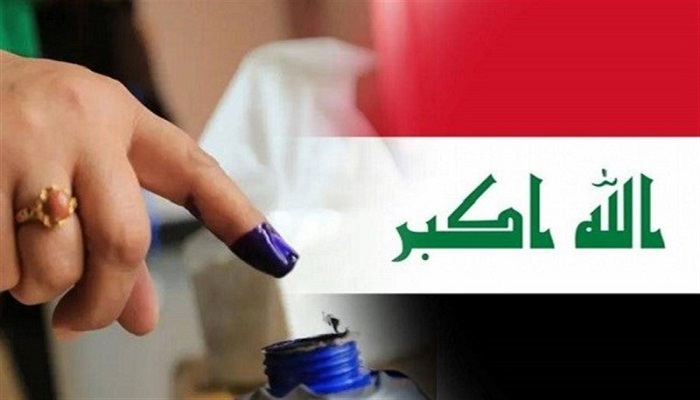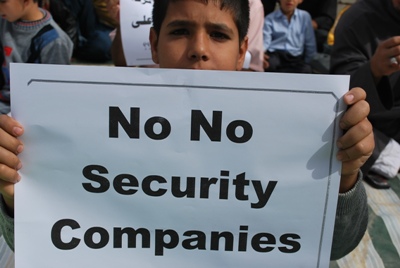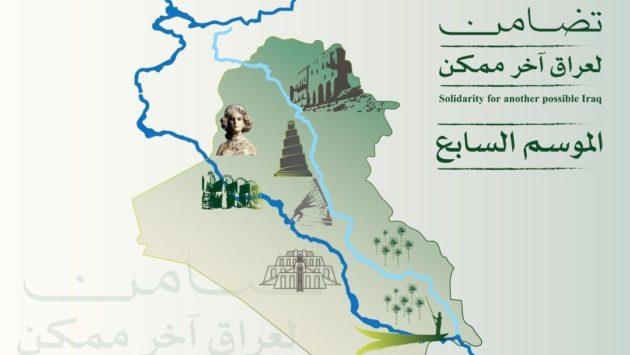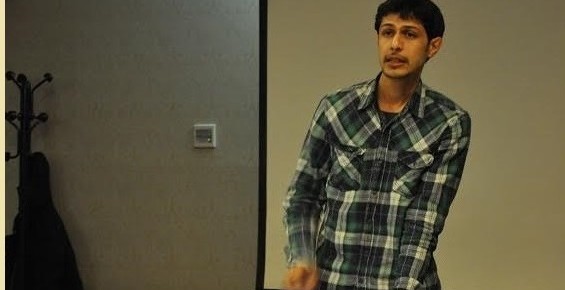Shams Network Report on International Monitoring of Parliament Elections
International Standards for Monitoring Elections
The presence and participation of specialized and local international observers, and the evaluation of all aspects of the electoral process in countries is of high importance to create a conducive environment for holding elections and a guarantee of assistance in providing political support and the participation of all the different parties in order to obtain election results that enjoy credibility and transparency in the eyes of the Iraqi people in particular, and the international community in general. Among the most prominent are those included in the International Covenant on Civil and Political Rights (1966) in Article (25) which provides a justification and a criterion for election observation by emphasizing the principle of integrity as a basic benchmark. As well as the Declaration of Principles for International Election Observation and the Code of Conduct for International Election Observation, annexed thereto, adopted by the United Nations on October 27, 2005.
The most important of these criteria are: –
1. Availability of a safe environment and free from fear, threats, and assaults on the electoral process in general and on voters, candidates, and those working on its implementation.
2. The availability of a democratic environment and the increase of political participation in the elections.
3. Adoption of stable electoral legislation.
4. Availability of a credible voter register.
5. The extent to which voter awareness campaigns can be conducted.
6. The extent of transparency in the electoral system and practice in the electoral process.
7. Availability and possibility of participation and work of international election observation missions, as well as governmental organizations and NGOs` and intergovernmental and individuals, As well as national non-governmental organizations and candidate representatives in election monitoring, free access to all information and electoral centers, and access to free and unbiased conclusions and assessments.
Characteristics of international monitoring.
International election monitoring is measured by a number of characteristics:
A – It is an international occurrence.
B – It is a purposeful process.
C – It is a process carried out by human beings.
D- It is a modern occurrence in history.
International Monitoring in Iraq
International election monitoring reflects the international community’s interest in achieving democratic elections in Iraq, as part of establishing democracy, with respect for human rights and the provisions of the laws involved in this task.
Whereas this monitoring, which focuses on civil and political rights, comes in the framework of the international monitoring of human rights, therefore, it had to be based on the highest standards of neutrality adopted at the level of national political competition and to be free from any bilateral or multiple considerations that may contravene the principle of neutrality, which calls for serious and continuous international attention. Which will maintain its nobility and credibility through international law.
The number of international observers during the (2010) elections reached 613 international observers, compared to 114 thousand local observers. While in 2014, the number of international observers reached 1,232, compared to 170,000 local observers. In 2018, the number of international observers reached 2,395, compared to 171,000 local observers.
Recommendations
1- International monitoring needs special procedures in terms of accrediting teams, entry permits (visa), and issuing security approvals. Therefore, the Commission (IHEC) must adopt the one-gate system as best practices, which means that all procedures should be done through the Commission and not to allow other parties to control registration, accreditation, permits, and security approvals.
2- An invitation should be extended to the renowned international bodies in observing the elections in the world to come and participate in the electoral monitoring process, and not be satisfied with the diplomatic missions only.
3- The security and political environment in Iraq requires special measures and high coordination to ensure the security of international missions to monitor the electoral process.
4- Providing information and data in foreign languages other than Arabic and Kurdish.
5- Finding quick and easy ways to obtain important data and information related to the electoral process, including (regulations, procedures, instructions, and decisions), in addition to the operations schedule and the database for the spread of centers (mapping).
6- Holding periodic meetings with representatives of the international monitoring missions for the purpose of providing them with the latest developments and giving an opportunity to the observers to make questions and inquiries.
7- International monitoring missions should strengthen the relationship with national stakeholders, especially networks, alliances, and national and local organizations specialized in monitoring elections.
8- The commission should consider the recommendations and observations of the monitoring teams on the progress of the electoral process for the purpose of evaluating the process and limiting errors.




